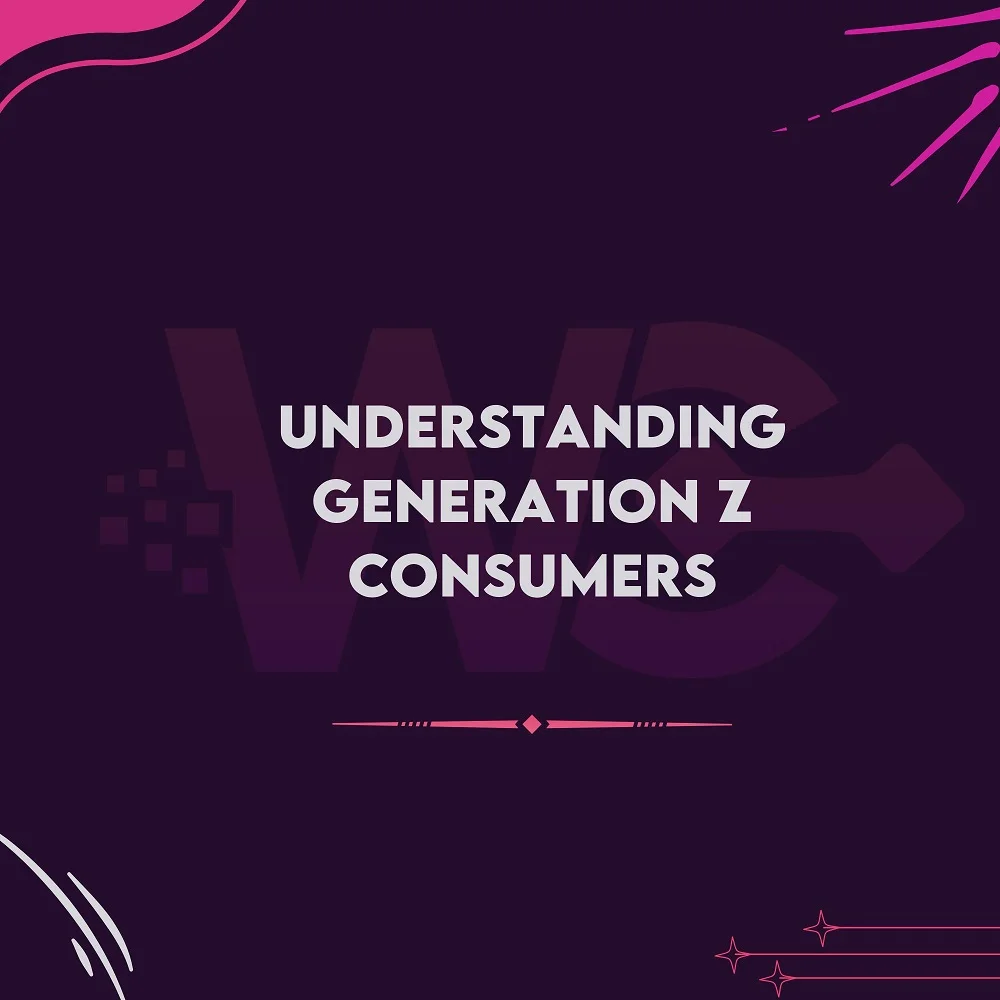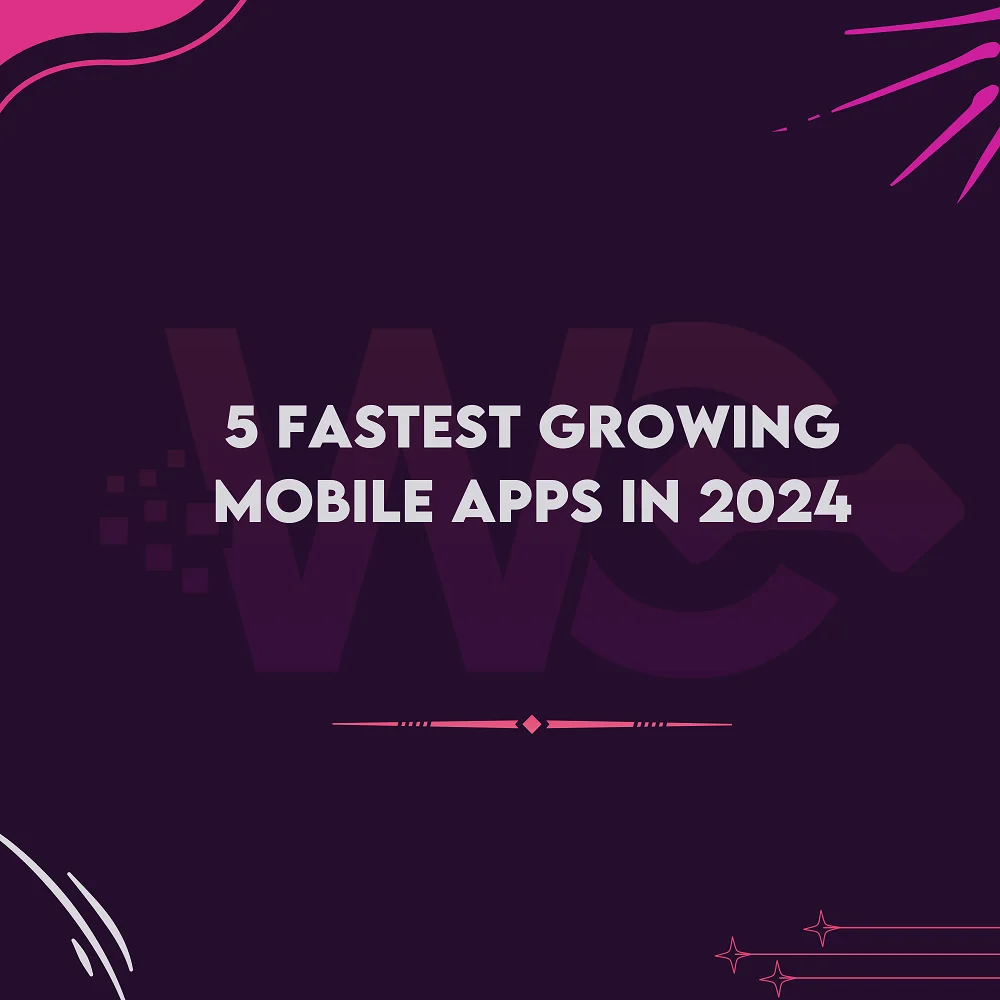
Age Z, generally called Gen Z, and implies the fragment buddy following ongoing school graduates, usually brought into the world between the mid-1990s and the mid-2010s. They have encountered youth in an electronic world and are significantly reliant on online diversion stages like Instagram, Snapchat, and TikTok for information, redirection, and correspondence. While zeroing in on Gen Z clients, associations need to make attractive and smart substances that resonate with their characteristics, interests, and tendencies.
Digital Natives:
Generation Z, as computerized locals, has experienced childhood in reality as we know it, where innovation is a vital piece of day-to-day existence. They are profoundly capable of utilizing computerized gadgets and stages. Computerized locals from Gen Z are familiar with momentary access to data, correspondence through virtual entertainment, and internet shopping encounters.
Their advanced familiarity impacts their customer conduct as they lean toward online interactions, customized content, and consistent computerized encounters from brands. To deal with Gen Z modernized local people, associations should zero in on compact improvement, attracting virtual amusement presence, client-made content, and natural electronic shopping experiences.
Tech-Savvy:
Age Z, known for being educated, is capable of using different advanced apparatuses and stages for correspondence, data get-togethers, and diversion. Educated Gen Z customers favor consistent internet-based encounters, customized content, and simple access to data through cell phones and web-based entertainment.
Their dependence on innovation impacts their shopping propensities, as they frequently direct exploration on the web, read surveys, and look for proposals from powerhouses before pursuing buying choices. To connect well-aware Gen Z clients, associations should zero in on adaptable locales, smart high-level substance, amazing powerhouse-facilitated endeavors, and emerging advancements like expanded reality (AR) and expanded reality (VR).
Multitasking:
Age Z, being educated, is adept at performing various tasks, frequently captivated with different gadgets or stages all the while. Performing multiple tasks among Gen Z customers is normal during exercises like research, mingling, and consuming media, where they might switch between errands quickly.
Their ability to perform multiple tasks is impacted by their advanced childhood and the simplicity with which they explore different computerized connection points and content. Instances of performing multiple tasks by Gen Z incorporate visiting with companions via virtual entertainment while watching recordings, paying attention to music while doing schoolwork, or messing around while messaging.
Individuality and Diversity:
Age Z purchasers esteem singularity and variety, looking for customized encounters that reverberate with their novel personalities and interests. Educated Gen Z people embrace variety in all structures, including race, orientation, sexuality, and individual convictions, and they anticipate that brands should reflect and praise these qualities.
Organizations focusing on Gen Z ought to focus on inclusivity in their advertising efforts, exhibiting assorted portrayals and advancing messages of strengthening and acknowledgment. Gen Z’s appreciation for singularity and variety impacts their image reliability, leaning toward organizations that line up with their qualities and show a certified obligation to inclusivity.
Socially Conscious:
Age Z, known for being well-informed, is likewise socially cognizant, meaning they are worried about friendly, ecological, and moral issues. Well-informed Gen Z shoppers focus on maintainability, inclusivity, and validity while drawing in with brands and pursuing buying choices.
They anticipate that organizations should stand firm on significant cultural issues, support causes they care about, and show corporate obligation in their practices. Gen Z’s social awareness is reflected in their help for brands that advance variety, ecological supportability, and civil rights drives.
Activism:
Generation Z, as described by their educated nature and social cognizance, frequently participates in activism to advocate for purposes they put stock in. Educated Gen Z people influence computerized stages and virtual entertainment to bring issues to light, arrange developments, and enhance their voices on different social, ecological, and policy-driven issues.
Activism among Gen Z can take various forms, like partaking in fights, marking petitions, supporting web-based crusades, boycotting organizations with exploitative practices, and advancing feasible way of life decisions. Instances of Gen Z activism incorporate environment strikes, racial equity developments, LGBTQ+ privileges backing, and emotional well-being mindfulness crusades driven by youthful activists.
Brands with Purpose:
Generation Z consumers, who are educated, float towards brands that show an unmistakable and real feeling of direction and past benefit. Brands with reason line up with Gen Z’s qualities, like manageability, variety, inclusivity, and social obligation, making a significant association with these shoppers. Instances of brands with reasons that resonate with Gen Z include Patagonia for its obligation to natural activism, Ben & Jerry’s for civil rights support, and TOMS for its one-for-one giving model.
Short attention spans:
Generation Z, being aware, is known for having more limited abilities to focus compared with past generations because of their consistent openness to computerized data and boosts. Limited ability to focus among Gen Z buyers impacts their inclinations for speedy, compact, and outwardly captivating substance across advanced stages like virtual entertainment, sites, and applications.
Brands focusing on Gen Z ought to adjust their marketing methodologies by making reduced-down consumers satisfied, using enrapturing visuals, consolidating intelligent components, and conveying messages in a brief way to catch and keep up with their consideration.
Conclusion:
Understanding the computerized inclinations and ways of behaving of Age Z purchasers is critical for organizations to adjust their showcasing methodologies and make significant associations with this aware segment. Investigating the performing various tasks propensities for Age Z can assist organizations with fitting their advertising systems to catch their consideration really across various stages and channels.
Embracing the individualistic and different inclinations of Age Z is key for organizations to lay out significant associations and assemble trust with this socially cognizant and aware buyer portion. Organizations planning to associate with socially cognizant Gen Z shoppers ought to adjust their qualities to significant social causes, impart straightforwardly, and effectively take part in reason-driven advertising endeavors.
Supporting Gen Z’s activism endeavors is fundamental for organizations and associations hoping to draw in this socially cognizant age truly and definitively. Taking special care of Gen Z’s limited capacity to focus can assist brands with actually captivating this segment, driving brand mindfulness, and encouraging significant associations by conveying content that is drawing in, important, and effectively consumable.











